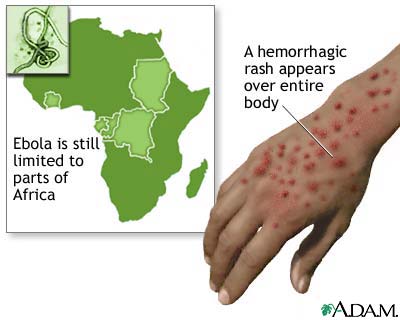
ATLANTA, Feb. 24 (UPI) — Blood levels of a stress hormone are strongly linked to post-traumatic stress disorder in women, a team of U.S. researchers found.
A team of researchers from the Emory University School of Medicine and the University of Vermont said the findings are promising for developing blood and genetic tests to help predict whether a patient is going to be susceptible to PTSD.
The hormone — PACAP for pituitary adenylate cyclase-activating polypeptide — modulates central nervous system activity, metabolism, blood pressure, pain sensitivity and immune function, but it is not well understood, the researchers said.
The study, published in the journal Nature, says women who have high blood levels of PACAP display more of the symptoms of PTSD, such as difficulty discriminating between fear and safety signals and being easier to startle.
“Few biological markers have been available for PTSD or for psychiatric diseases in general,” first author Kerry Ressler of the Emory University School of Medicine said in a statement.
“These results give us a new window into the biology of PTSD. What this says is that men and women who have been traumatized may arrive at PTSD by different biological pathways.”